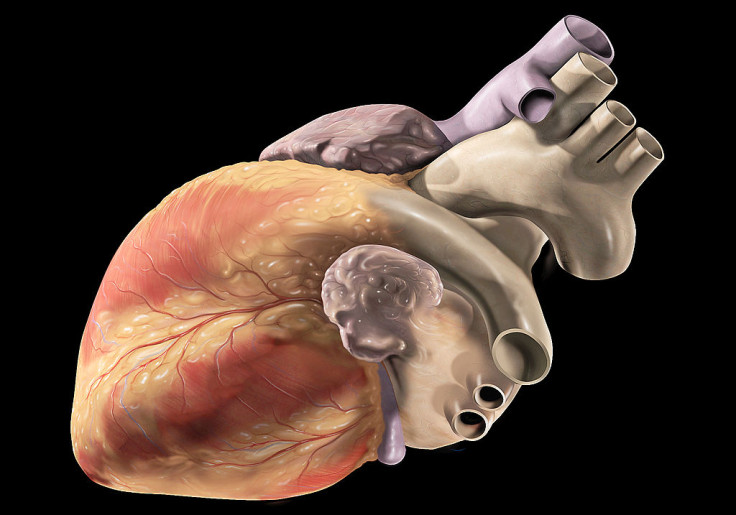Key to longer life: Scientists discover protein that keeps heart beating

Scientists have identified a type of protein which keeps the heart beating into old age and could hold the key to longer life.
The heart barely regenerates itself with new cells as life goes on, but is able to sustain its function throughout, beating an average 2.5 billion times in a lifetime.
However, a team of researchers from Johns Hopkins, UC San Diego, San Diego State University, Cedars-Sinai Medical Center, the National Institute on Aging and the Sanford-Burnham Medical Research Institute have revealed that levels of a protein called vinculin increase with age in order to modify the shape and performance of the cardiac muscle cells.
Anthony Cammarato, co-principal investigator on the study and assistant professor of medicine and physiology at the Johns Hopkins University School of Medicine, said: "Our findings reveal that vinculin fuels beneficial structural and physiologic changes in ageing heart cells, and it can be an important therapeutic target to slow down the heart muscle's inevitable demise."
Although vinculin itself is not a new discovery, scientists have not had a clear idea of the role it plays in the heart. The findings, which are published in Science Translational Medicine, could help doctors extend the lives of people who suffer from heart failure.
"We wanted to know if vinculin was a rogue player or more of an innocent bystander in the development of heart disease and age-related heart failure. Turns out, vinculin is a good guy, the body's way of slowing down the decline of one of its most vital organs as it grows old," Cammarato added.
The researchers made their discovery by looking at the hearts of ageing fruit flies, rats and monkeys –all of which showed increasing vinculin levels as time went by.
Cammarato: "What we saw was an exquisite visual proof of the principle that form dictates function. Encircling the cell like a rubber band, vinculin appears to keep its interior impeccably arranged and in doing so ensures that form and performance remain intact."
Study senior author Adam Engler, associate professor of bioengineering at UC-San Diego and resident scientist at the Sanford Consortium for Regenerative Medicine, added: "Vinculin appears to be at the heart of a natural defence mechanism that reinforces the ageing heart cell and helps it better sense and respond to age-related changes."
© Copyright IBTimes 2025. All rights reserved.






















